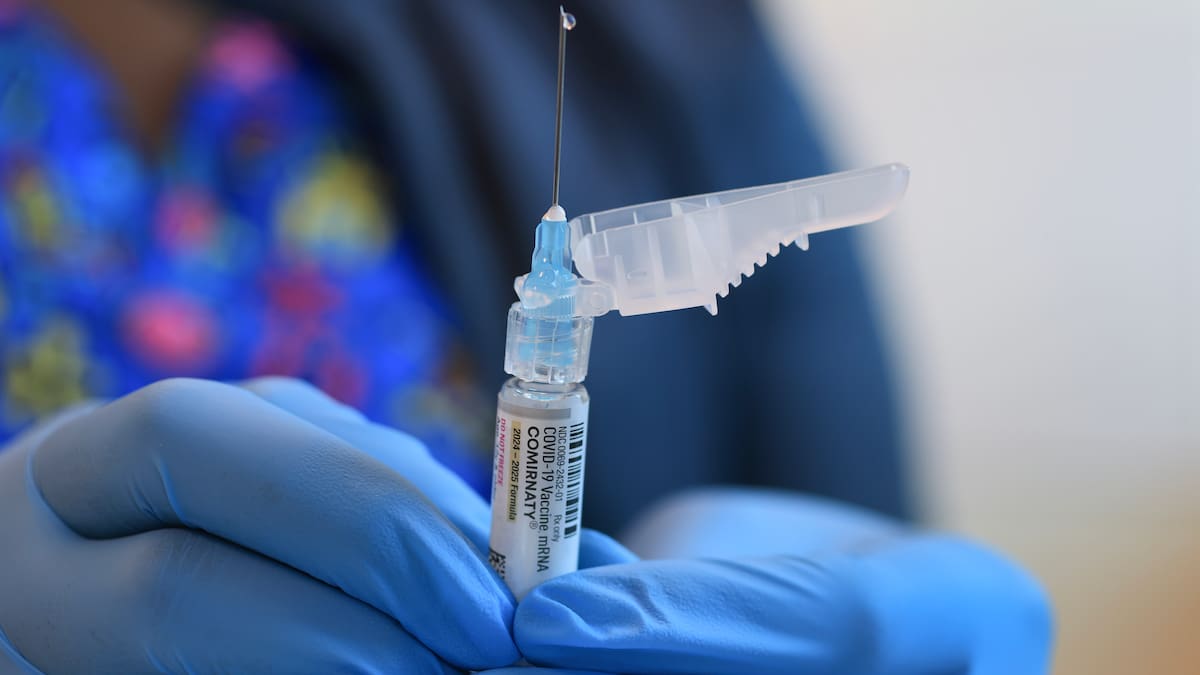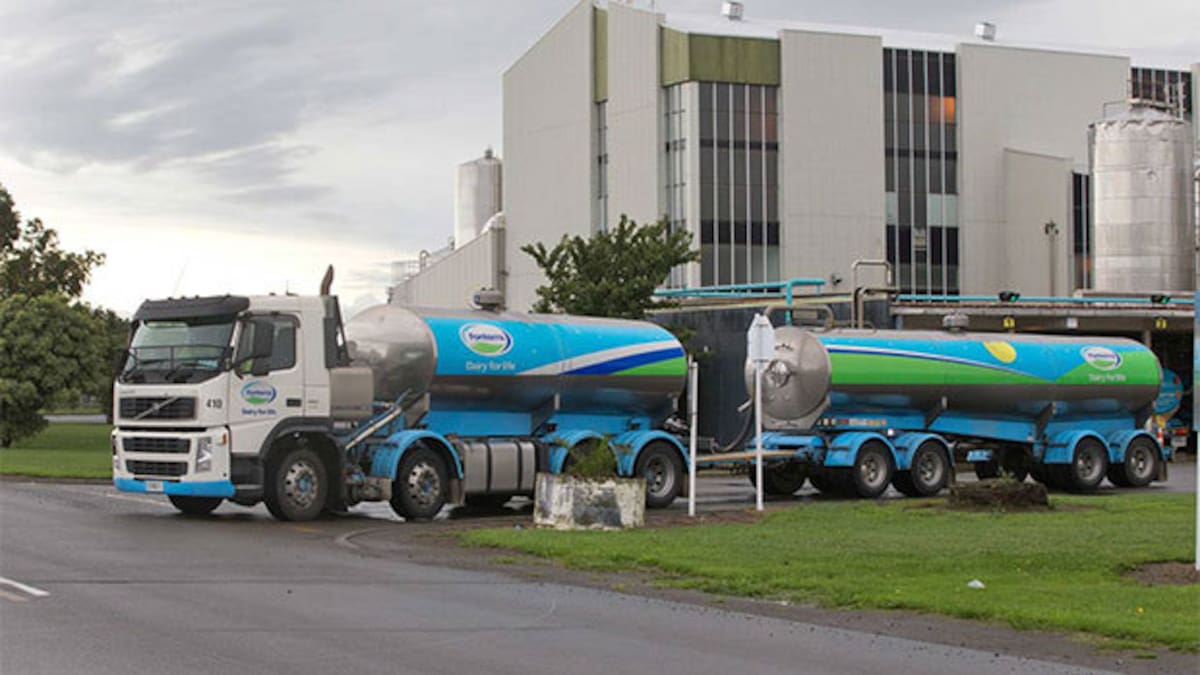In a newly released decision, the Employment Court said a vaccination order requiring certain workers to get the vaccine took effect in April 2021.
Air crew members were included in this group in July 2021, a few weeks before the Delta lockdown.
The order required affected people to get their first vaccine dose by the end of that September, and their second dose no later than 35 days after the first.
Judge Merepaia King said many pilots at the time were on special leave.
Lockdowns and border closures or restrictions had brought aviation to a halt.
Tighe-Umbers provided a medical certificate saying he had previously had adverse effects with multiple vaccinations, and his doctor thought it wise to excuse him from being vaccinated.
In November that year, Jetconnect said it wanted Tighe-Umbers back at work the following month.
The company said the pilot would have to have at least one vaccine dose by December 6.
That was partly because the state of Victoria only allowed vaccinated non-citizens to enter Melbourne. Some Jetconnect training Tighe-Umbers had to attend was in Melbourne.
But also, Auckland Airport rules were being amended to make vaccination compulsory for pilots.
The company and Tighe-Umbers had more communication but no agreement.
On January 24, 2022, Jetconnect gave Tighe-Umbers three months’ notice of his sacking.
And on March 31 that year, the Qantas Group implemented a vaccination policy applying to all business units in New Zealand.
In September 2022, the order which made it unlawful for Captain Tighe-Umbers to work without being vaccinated was rescinded.
But the pilot had already been sacked.
The court heard some argument about what an appropriate notice period would be.
Both sides accepted Tighe-Umbers’ vaccination status meant he did not comply with the vaccination order.
But dispute emerged on whether Jetconnect properly considered alternatives to firing the pilot.
The Qantas business unit argued Tighe-Umbers accepted there were no viable options for an unvaccinated person at Jetconnect.
It said unpaid leave was not viable.
But Tighe-Umbers took a different view.
The court heard some pilots had already been on special unpaid leave for more than a year.
In January 2022, the pilot’s lawyer Richard McCabe asked for a pause to let Tighe-Umbers consider getting the Novavax vaccine, which had not yet arrived in New Zealand.

Jetconnect acknowledged Tighe-Umbers was a “great” employee but said he would get no special exemption.
Judge King said it was no surprise Captain Tighe-Umbers did not formally apply for unpaid leave, because Jetconnect repeatedly said it would not approve of such leave.
She said the court was cautious of having the benefit of hindsight, but Jetconnect should have realised the situation was dynamic and alternative roles might have emerged for the pilot.
The judge said Jetconnect was inflexible and unreasonable with Tighe-Umbers.
“Further, the cost of retraining Captain Tighe-Umbers was significantly less than training a new pilot, and, had his employment been preserved, Jetconnect would have saved training costs and resources.”
The court found Jetconnect’s decision to refuse to grant Tighe-Umbers unpaid leave and to sack him was unjustified.
The judge did not decide on costs.
A conference will be held to determine remedies.
Tighe-Umbers has been approached for comment today through a relative and the Airline Pilots Association.
John Weekes is a business journalist mostly covering aviation and courts. He previously covered consumer affairs, crime, politics and courts.





